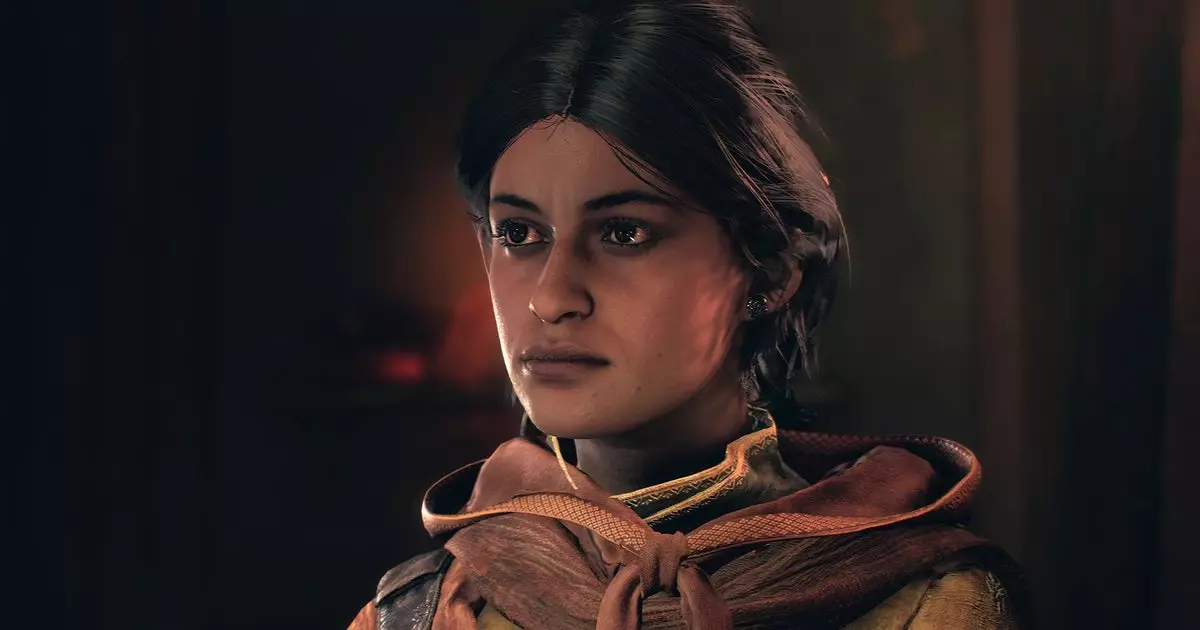In a disheartening turn of events, Reflector Entertainment, a Montreal-based video game studio known for its recent release of the third-person action adventure title “Unknown 9: Awakening,” has become the latest casualty in a wave of layoffs plaguing the gaming industry. As various employees have reported through social media channels, the studio appears to have let go of a number of individuals across multiple disciplines, leaving many without jobs just weeks after the launch of their anticipated game. The lack of a formal statement from Reflector only enhances the uncertainty surrounding the extent of these cuts, leaving employees and the gaming community to speculate on the fate of a studio once heralded for its creative potential.
While the specific number of layoffs remains undisclosed, reports indicate that staff from diverse departments such as art, design, user interface (UI), lighting, and narrative have been affected. The layoffs were first highlighted by journalist Ethan Gach, who observed the readjustments being announced on LinkedIn platforms. The range of roles impacted by these cuts reflects a decision that seems to span the studio’s entire workforce, signaling a widespread restructuring rather than isolated incidents. This decimation of talent raises numerous questions about the studio’s current capabilities and its ability to navigate the troubled waters of an industry often characterized by volatility.
The decision to downsize at Reflector Entertainment does not exist in isolation; it reflects broader trends that have recently beset the gaming industry. Bandai Namco, the studio’s parent company, has faced its financial difficulties, reportedly initiating similar rounds of layoffs across its Japanese divisions amidst rising development costs. Earlier this year, they even canceled several projects due to exceeding budget expectations. Such brutal cost-cutting measures have become alarmingly common within the gaming sector, where profitability can often dictate the fate of not only studios but also their employees who are left navigating precarious employment landscapes.
“Unknown 9: Awakening” launched into a mixed reception, pulling in an average rating on Steam that is marked as “mixed.” This outcome raises queries not only about the game’s development but also about its marketing trajectory in the lead-up to release. Critics have suggested that the promotional campaign for the game was lackluster, offering only a brief teaser trailer years prior and minimal engagement until closer to launch. Given the game’s high production values, the underwhelming reception raises concerns over whether the title was adequately positioned in an increasingly crowded marketplace.
The narrative surrounding “Unknown 9” is intertwined with the uncertainty brought about by the layoffs. What was once a product of significant investment and ambitious storytelling—evidenced by its expansions into novels, podcasts, and comic books—now hangs in the balance. It is unclear whether Bandai Namco intends to continue developing this fictional universe or if it has already decided that the venture is no longer viable. For the developers, these layoffs signal not just a loss of jobs but the potential demise of their creative aspirations and dreams.
The gaming industry has long been a double-edged sword, where creative ventures can often collide with harsh financial realities. The closure of studios shortly after a game’s poor performance, like the recent discontinuation of the multiplayer shooter “Concord,” illustrates a troubling cycle. The employees—dedicated stakeholders who pour their passion into these projects—are invariably the ones who bear the brunt of corporate decisions that prioritize financial metrics over human capital and creative vision.
Reflector Entertainment’s layoffs following the release of “Unknown 9: Awakening” serve as a sobering reminder of the fragility inherent in the gaming industry. This situation compels observers to evaluate the responsibilities of conglomerates like Bandai Namco in nurturing creativity while managing finances. As the industry grapples with these challenges, it is crucial to foster an environment where innovation flourishes alongside a commitment to the workforce that drives it forward. Without such change, we risk losing not just talented individuals, but entire narratives that might have added richness to the gaming landscape.

